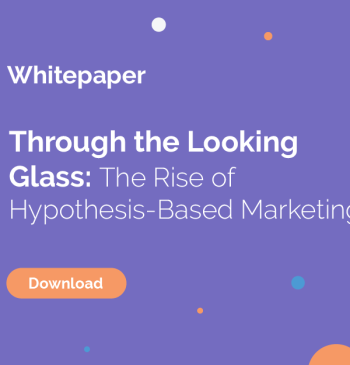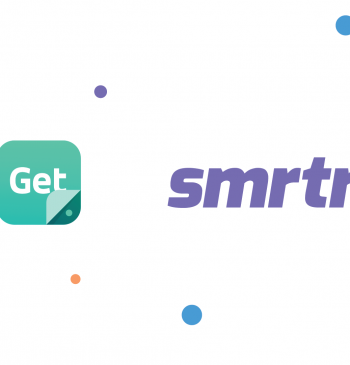Targeting & Programmatic Marketing
Are They Listening? Why Targeted Ads Work So Well
- By Boris Guennewig
- No Comments
02 Mar

You might have heard it before. In fact you might have even said it.
“They must be listening!”
It’s an idea that stems from the belief that smartphones are actively ‘listening’ to our conversations and relaying this data to the likes of Google and Facebook. Whether or not this is true is a contentious debate.
While Apple was recently forced to apologise following revelations that contractors listen to a small percentage of conversations with Siri, security firm Wandera recently conducted an experiment which showed no evidence of phones automatically activating microphones or transferring data in response to sound.
In many ways, however, the question of whether or not phones are listening is irrelevant when it comes to advertising. There is now enough quality data and indicators available that these ads can be placed with great effectiveness, without needing to listen in.
Let’s take a step back and remember the mission statement of online advertising (and advertising in general). Deliver the right message, to the right person at the right time. Although it might feel strange when this comes off, the fact is, the sensation of being ‘listened to’ is just effective digital advertising in action.
For example, someone might receive an ad to purchase a specific brand of healthy dog food, moments after speaking with a friend about their dog. In this scenario, it is easy to assume that the conversation might have been listened in on. In reality, the customer will have demonstrated a variety of signals and characteristics – whether that be purchasing other dog treats, visiting dog parks or looking up specific health risks for a certain breed of dog – which show a savvy advertiser that this individual is in the market for this brand of dog food.
Balancing privacy and effectiveness
Although the idea of phones listening in to our conversations might be a conspiracy theory, the fact that consumers are on high-alert shows just how high expectations are when it comes to privacy.
Marketers now face the constant challenge of balancing privacy with effectiveness when it comes to delivering advertising campaigns. And while it might not always seem so, there is no doubt that privacy and effective online advertising can coexist.
The notion of privacy, as it stands today, is mostly dictated by a number of key regulatory requirements. On the regulation side, things like GDPR and Australia’s Privacy Act stipulate advertisers avoid using data that is deemed to be personally identifiable. Ethically, there is a responsibility on marketers to avoid taking data that is of no use to them or conducting other practices that might be deemed invasive.
At the same time, demand for personalised messaging and the need to stand out from the competition with relevant ads have never been higher.
This has meant many marketers are turning to external sources to manage data and develop strategies that do not jeopardise user privacy. An IAB study found that advertiser spend on identity-related data jumped 50 percent in 2019, as marketers looked for new ways to target users based on third party datasets. At smrtr, we provide our partners with access to our data universe, as well as our expertise in managing data.
With these systems in place, we believe we are perfectly placed to help our partners find and market to customers in a way that is respectful of privacy, that also helps maximise results.
If you’d like to learn more please, contact us and we’ll be in touch within the next business day.
By Boris Guennewig, Co Founder & CTO at smrtr



